Introduction: The Real Cost of Plumbing Repairs
Plumbing repairs—whether it’s a leaky faucet, clogged drain, or burst pipe—are a reality for every homeowner. While tackling minor issues yourself can save money, larger repairs often require professional intervention. But how much should you really expect to pay? Too often, homeowners are caught off-guard by invoices that far exceed their expectations, leading to stress, delays, and sometimes even unfinished projects. Understanding the cost breakdown of plumbing repairs is the key to effective budgeting and avoiding financial surprises. In this comprehensive guide, we’ll break down the typical expenses involved in common plumbing jobs, explain the factors that influence pricing, and provide expert tips for planning your budget. Whether you’re preparing for a full bathroom renovation or a simple fixture replacement, knowing what to expect empowers you to make informed decisions, negotiate confidently with contractors, and ensure you’re getting value for your money.
What Influences Plumbing Repair Costs?
Labor: The Largest Variable
Labor typically accounts for 50–70% of the total plumbing repair bill. Plumbers charge either an hourly rate or a flat fee, depending on the job. Hourly rates vary by region, experience, and company overhead. In urban areas or where licensing is strictly enforced, expect higher rates. Emergency calls, after-hours work, or complex diagnostics can drive costs even higher. Always ask for labor rates and clarify if travel time or diagnostic fees are included.
- Average hourly rate (US): $75–$150
- Flat-rate jobs (e.g., toilet install): $150–$400
- Emergency surcharge: 1.5x–2x regular rate
Materials and Parts
Material costs can range from negligible (for a simple washer) to significant (for copper piping or new fixtures). It’s important to distinguish between contractor-supplied and customer-supplied materials. While buying your own parts can sometimes save money, most plumbers prefer supplying materials to ensure quality and warranty coverage.
- Faucet replacement parts: $10–$100
- Toilet replacement: $120–$350
- Piping (per foot): PVC $0.50–$2, Copper $2–$4, PEX $0.50–$3
- Water heater: $500–$1,200 (standard), $1,200–$3,000 (tankless)
Complexity and Accessibility
Jobs that require extensive troubleshooting, cutting into walls or floors, or working in tight spaces increase both labor and material costs. Simple fixture swaps take less time and require fewer tools; re-routing pipes or addressing old, corroded systems is more complex and costly.
- Wall/floor access: May add $100–$400
- Old home (pre-1970): Possible upcharge due to outdated materials
Permits and Compliance
Certain plumbing projects require local permits, especially those involving new installation, major replacements, or work affecting water lines. Permit fees vary by municipality but typically range from $50 to $300. Failure to obtain permits can result in fines or complications with home insurance.
Disposal and Clean-Up
Removing old fixtures, pipes, or debris sometimes incurs a disposal fee. If the plumber needs to haul away large items or hazardous materials, expect an additional charge.
- Fixture disposal: $25–$75 per item
- Debris clean-up: Often included, but confirm in advance
Common Plumbing Repairs: A Cost Breakdown
Leaky Faucet
- DIY: $10–$25 (replacement parts)
- Professional: $125–$300 (includes labor and parts)
Most leaky faucets can be repaired with a new washer or cartridge. If the faucet is old or corroded, full replacement may be recommended.
Clogged Drain
- DIY (chemical or manual snake): $10–$40
- Professional (simple clog): $100–$250
- Professional (main line/root intrusion): $350–$750
Deeper sewer clogs requiring camera inspections or hydro-jetting can cost significantly more.
Toilet Replacement
- DIY: $120–$350 (toilet) + $5–$30 (wax ring and hardware)
- Professional: $250–$600 (includes toilet, labor, haul-away)
Water Heater Replacement
- Standard tank (40–50 gallon): $900–$1,500 (installed)
- Tankless: $1,500–$3,500 (installed)
- Permit fees: $75–$200 (if required)
Additional costs may arise if code upgrades, expansion tanks, or old unit disposal are needed.
Burst Pipe Repair
- Minor leak (exposed pipe): $150–$400
- Hidden or extensive damage: $500–$2,000 (includes drywall/floor repair)
Repiping Entire Home
- Partial repipe: $1,500–$5,000
- Full repipe (average 2,000 sq ft home): $8,000–$16,000
Repiping costs vary with home size, pipe material (PEX is generally cheapest, copper most expensive), and accessibility.
Estimating Your Plumbing Project: Step-by-Step
1. Define the Scope
List exactly what needs to be repaired or replaced. Take photos and note brand/model numbers if possible. The more detail you provide, the more accurate your estimate will be.
2. Gather Multiple Quotes
Never settle for the first quote. Request detailed, itemized estimates from at least three licensed plumbers. Ask for a breakdown of labor, materials, permits, and clean-up/disposal fees.
3. Check for Hidden or Additional Costs
Ask about potential upcharges for emergency calls, after-hours service, difficult access, or code upgrades. Don’t forget to factor in permit fees and possible disposal charges.
4. Decide on Materials
Discuss the pros and cons of different pipe and fixture materials. If you want to supply your own parts, confirm this with your plumber—some won’t warranty customer-supplied items.
5. Plan for Contingencies
Always add a 10–20% cushion to your budget for unexpected discoveries (hidden leaks, corroded pipes, etc.).
Budgeting Tips from the Pros
- Preventative maintenance is cheaper than repairs. Routine inspection and maintenance can often catch problems early, reducing overall costs.
- Don’t ignore small issues. A minor drip can quickly escalate into major water damage if left unchecked.
- Bundle repairs when possible. If multiple fixtures need attention, scheduling them together can save on labor and trip fees.
- Ask about discounts. Some plumbers offer discounts for seniors, military, or first-time customers.
- Prioritize urgent repairs, but schedule non-urgent work during off-peak times. Avoiding weekends or holidays can lower costs.
How to Read and Negotiate a Plumbing Invoice
Understanding Line Items
An invoice should clearly list labor hours or flat rates, parts with model numbers, permit fees, and any additional charges. Watch for vague descriptions or lump-sum totals—ask for clarification if anything is unclear.
Common Red Flags
- Unusually high markup on parts (more than 50% above retail)
- Charges for tools or standard supplies (these are typically included in labor)
- Non-itemized, lump-sum totals
- Unexpected trip or disposal fees
Negotiation Tips
- Politely ask if there’s flexibility on labor rates, especially for larger jobs.
- Request written warranties for both labor and parts.
- Confirm payment terms and methods in advance—some contractors offer a discount for cash payments.
DIY vs. Professional: When to Save and When to Invest
Simple DIY-Friendly Repairs
- Replacing faucet washers/cartridges
- Unclogging minor drains with a plunger or snake
- Replacing showerheads or faucet aerators
For these jobs, the main cost is your time and inexpensive tools or parts. Just be sure to turn off water supplies and follow safety protocols.
Repairs Best Left to Pros
- Major leaks, burst pipes, or water heater replacements
- Work requiring permits or code compliance
- Projects involving gas lines or complex drainage systems
Attempting these repairs without proper expertise can result in more expensive damage, voided warranties, or even code violations.
Sample Plumbing Repair Budgets: Real-World Scenarios
Scenario 1: Kitchen Faucet Replacement
- Labor (1–2 hours): $100–$250
- Faucet (mid-range): $75–$200
- Disposal fee: $25
- Total estimated cost: $200–$475
Scenario 2: Clearing a Main Sewer Line Clog
- Labor (2–3 hours): $200–$450
- Equipment surcharge (camera/hydro-jet): $100–$300
- Total estimated cost: $300–$750
Scenario 3: Water Heater Replacement with Permit
- Labor: $350–$600
- Water heater (standard tank): $600–$1,000
- Permit: $100
- Disposal: $40
- Total estimated cost: $1,090–$1,740
How to Build a Plumbing Repair Fund
Plan Ahead
Home experts recommend setting aside 1–2% of your home’s value annually for maintenance and repairs. For a $300,000 home, that’s $3,000–$6,000 per year—not all of it will go to plumbing, but it provides a helpful cushion for emergencies and upgrades.
Track Past Repairs
Keep a record of previous plumbing jobs, including what was fixed, the total cost, and any warranties. This helps forecast future expenses and spot patterns that may indicate larger system issues.
Review and Adjust
Revisit your plumbing budget annually. As your home ages or your needs change (such as adding a bathroom), adjust your savings accordingly.
Conclusion: Taking Control of Your Plumbing Budget
Plumbing repairs are an inevitable part of homeownership, but they don’t have to be stressful or financially overwhelming. By understanding the individual components that make up your plumbing bill—labor, materials, permits, and potential hidden costs—you gain the confidence to plan, budget, and prioritize repairs intelligently. Gathering multiple quotes, asking the right questions, and reading invoices carefully ensures you get fair value for your investment. Remember, tackling small issues early and investing in preventative maintenance can save you thousands down the line. For major repairs or complex projects, the peace of mind that comes from hiring a licensed, reputable plumber is well worth the cost. Ultimately, a well-maintained plumbing system protects your home, conserves water, and supports your family’s health and comfort. With the insights shared in this guide, you’re equipped to budget wisely, avoid surprises, and make decisions that safeguard both your property and your wallet for years to come.
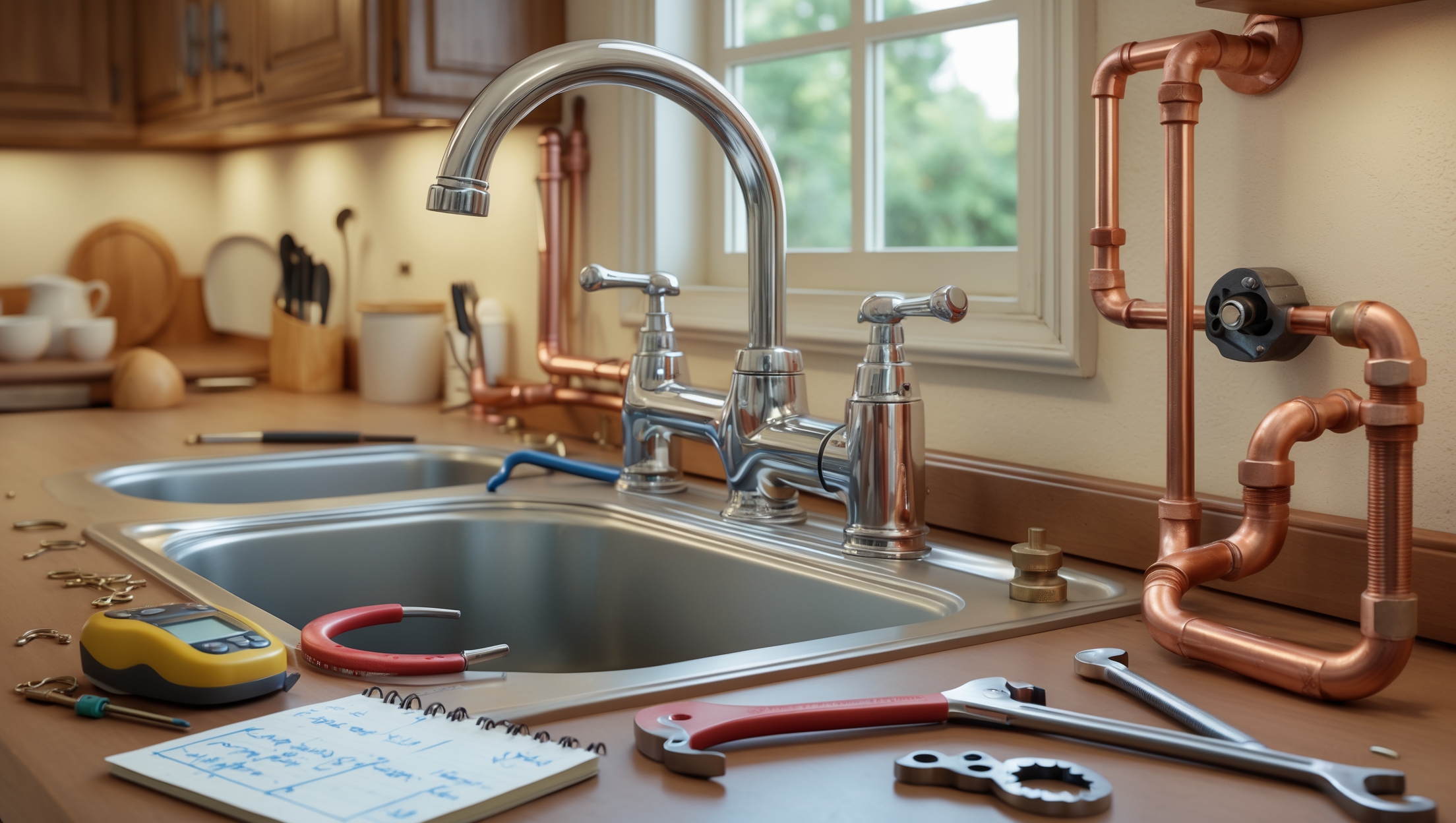

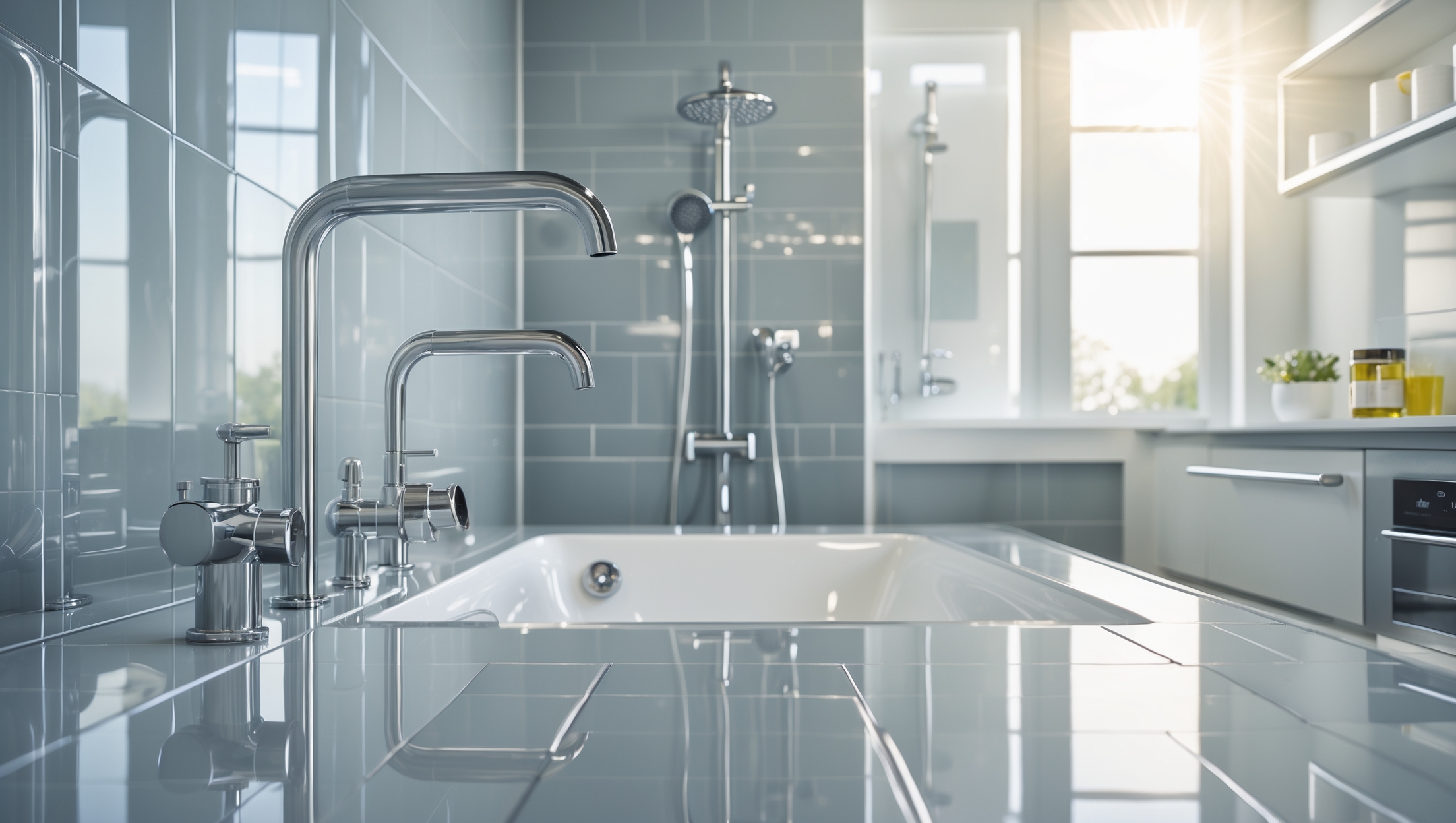

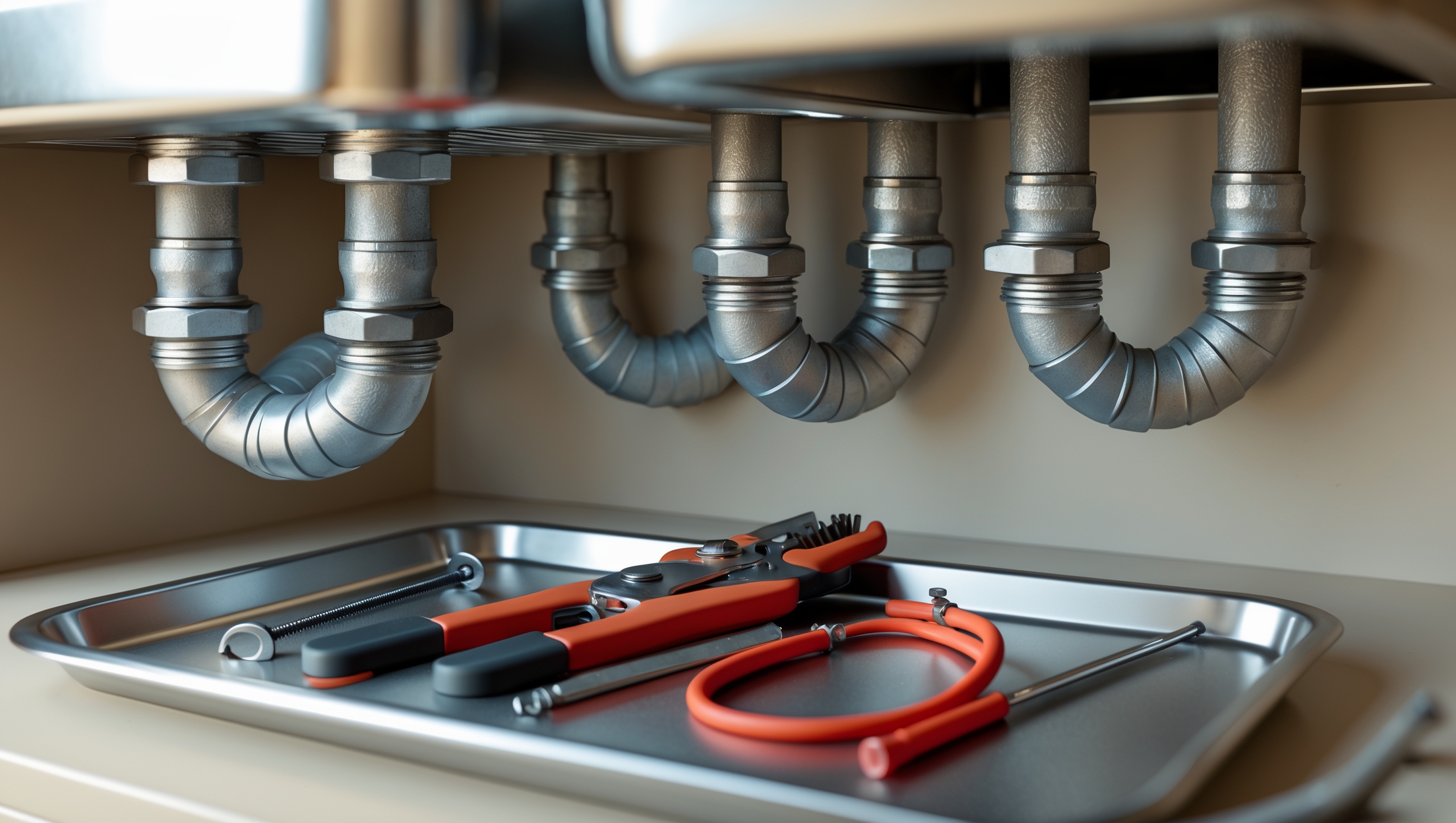
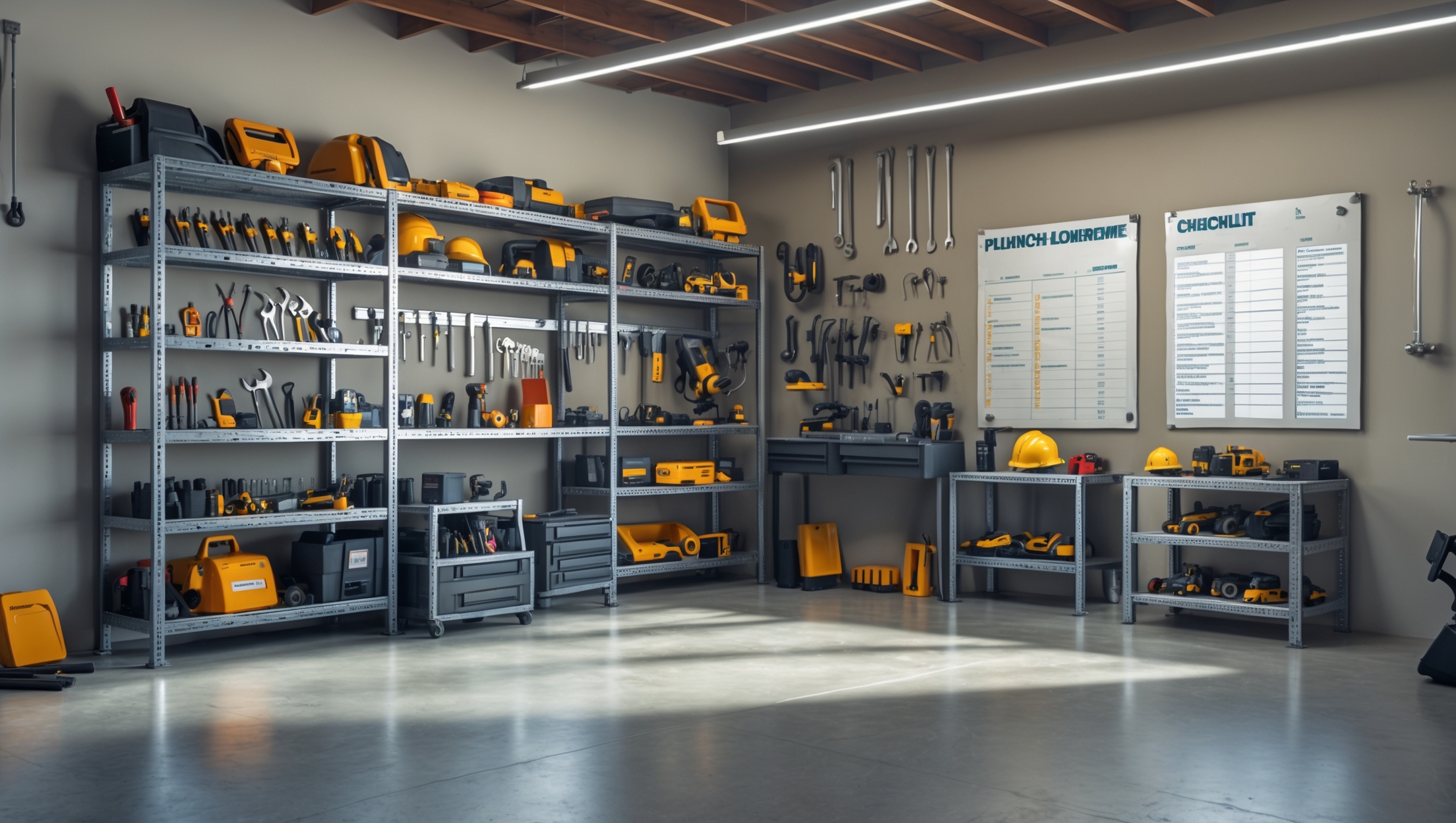


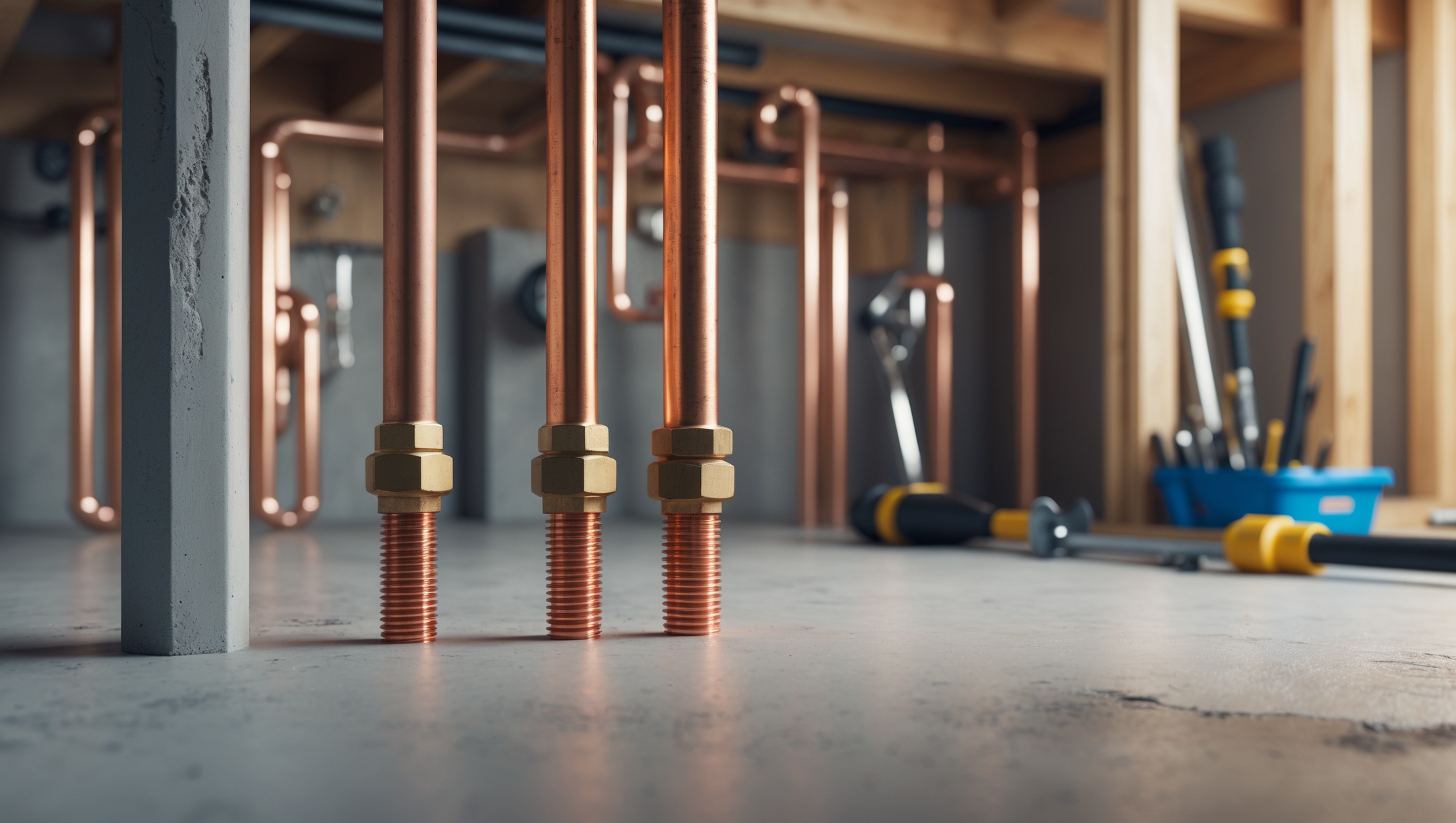
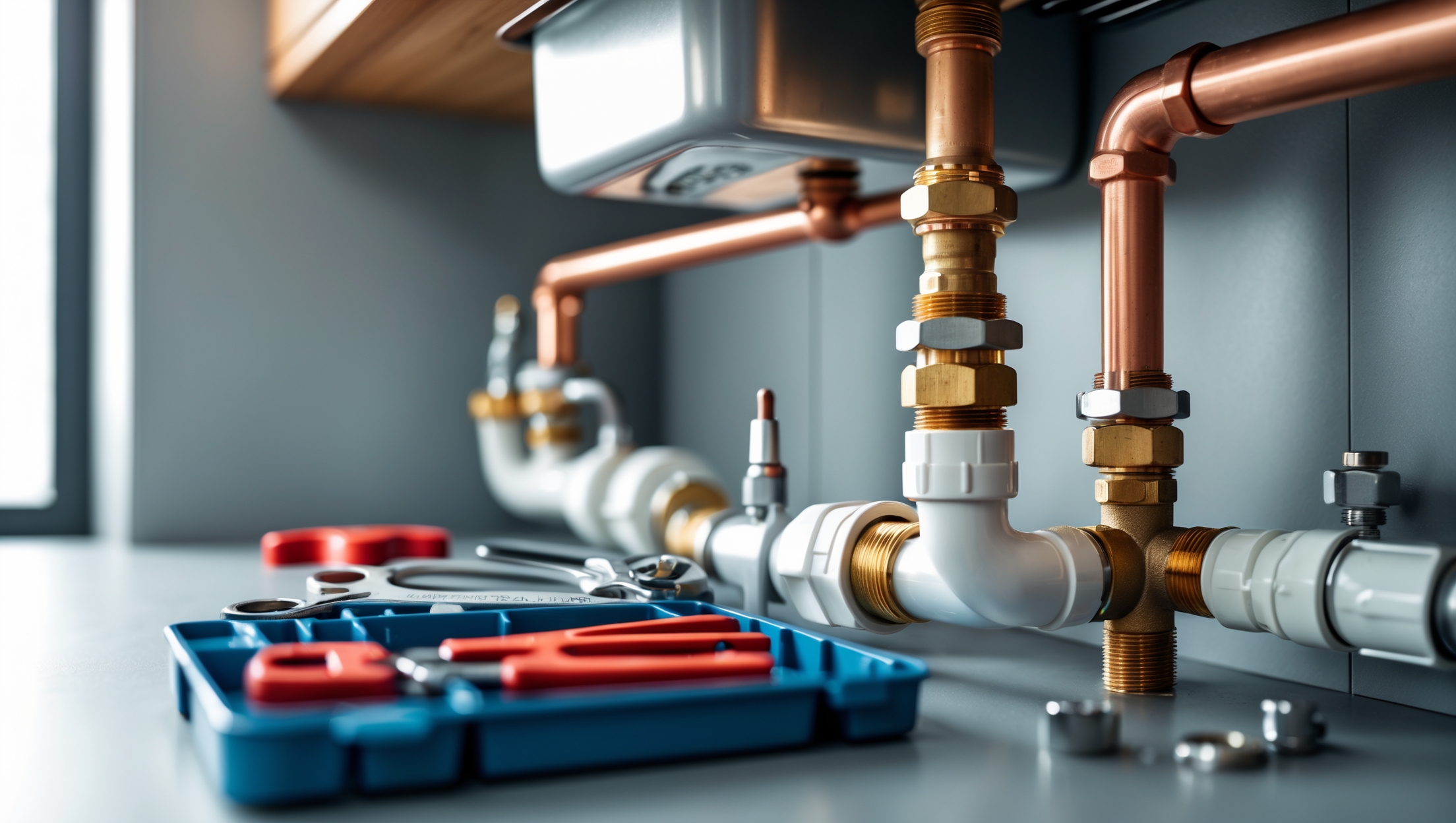
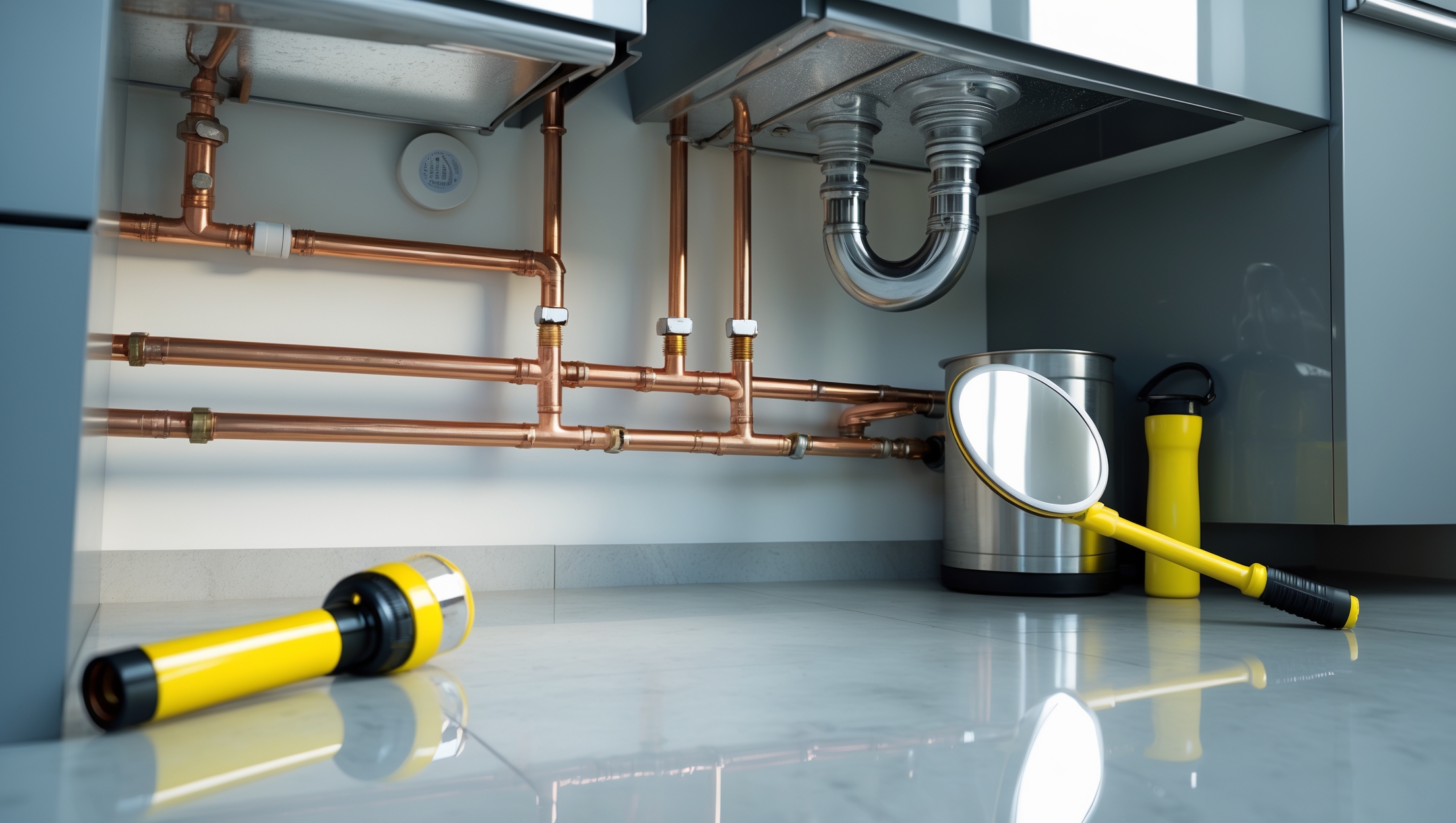
Jennifer Hernandez
You mention that labor costs can range from $75 to $150 an hour, plus potential emergency surcharges. In your experience, how negotiable are these rates, and is it common for plumbers to offer discounts for larger jobs or multiple repairs at once?